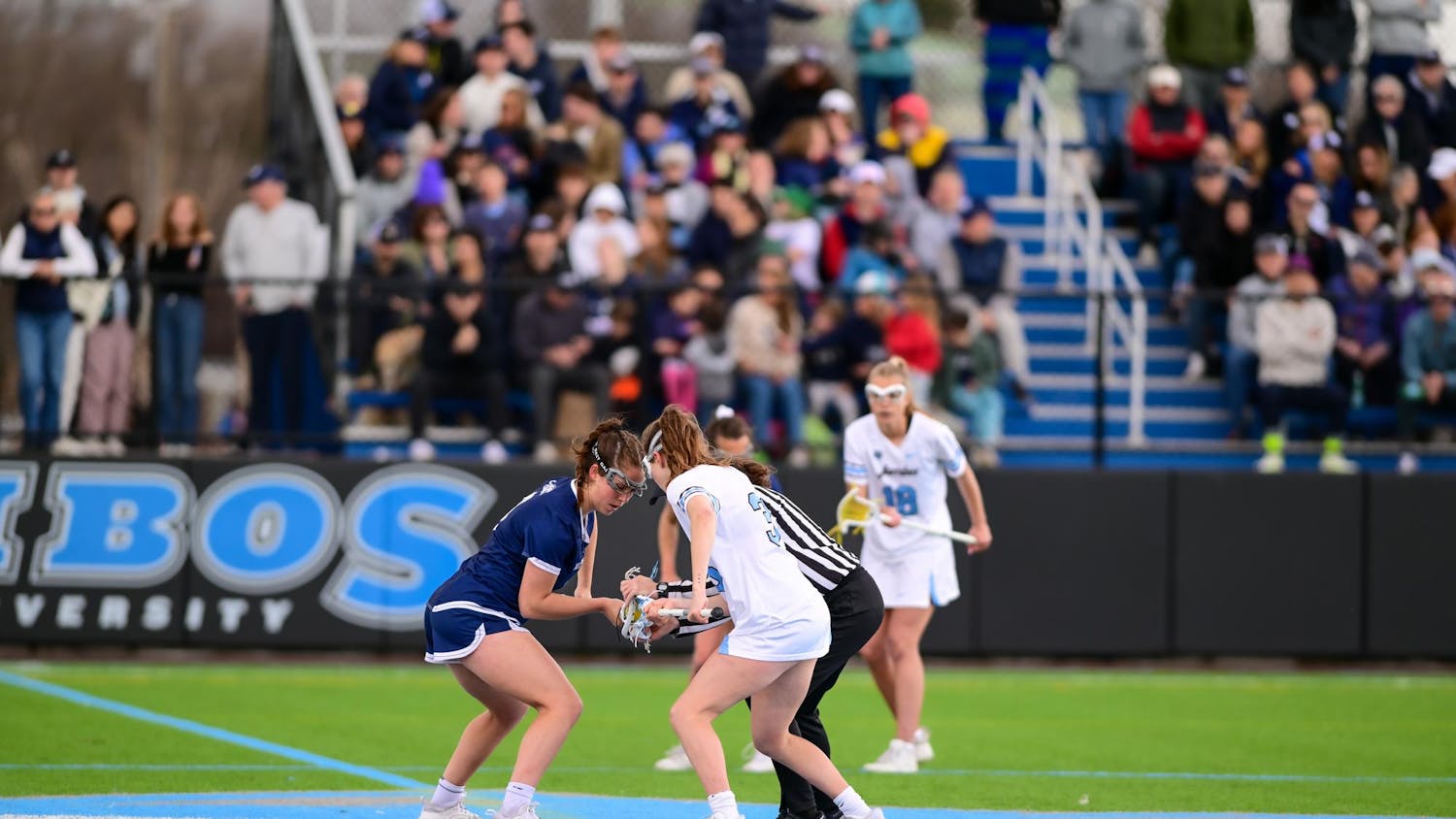Last time, I wrote about how professional athletes' pay is commensurate to the value they produce. It's now time to take a harsh look at college athletics, specifically Div. I, and how these athletes suffer from the NCAA's insistence that they do not deserve to be paid.
I may be preaching to the choir at Tufts, but maybe not. Two-thirds of Americans don't support paying college athletes. A notable exception are the 51 percent of non-white respondents who disagree.
Former NCAA executive director Walter Byers invented the term "student-athlete," which, since the 1950s, has remained at the core of the NCAA's legal argument denying college athletes the rights of employees. The student-athlete is a living, breathing embodiment of Aristotle's sound mind in a sound body. Athletes, the NCAA reasons, should play for loyalty to alma mater, love of the game and their own personal development.
I retort that such high-minded ideals are nonsense when players go to bed hungry. After leading the UConn. Huskies basketball team to a national championship, Shabazz Napier revealed he sometimes couldn't afford to eat. An average of 21.2 million people watched that game on TV, and just under 80,000 fans packed AT&T Stadium in Arlington, Texas. How many of them, I wonder, were aware their attendance fed the university's bottom line while Napier starved?
The NCAA's response was almost immediate — it allowed players unlimited meals. Athletes are stereotyped to have voracious appetites, but even the Texas A&M football team can't eat away its university's $192.6 million dollar profit margin in FY15. Anything to protect the business model.
After 40 years of service to the NCAA, Byers authored a disavowal of amateurism and his life's work. In it, he attacked "the neo-plantation mentality that exists on the campuses of our country." Byers stops short of comparing amateurism to slavery. His point is that sports — namely football — invented to preserve an elitist advantage are now disproportionately played by unpaid, socioeconomically disadvantaged athletes of color. It is on the backs of these athletes that the nearly $10 billion amateur athletics industry is built.
The rationales for not paying athletes are as prolific as they are indefensible. Athletes already receive scholarships, it might interfere with their educations, playing sports is a choice, the Aristotelian ideal, universities will then have to pay other student groups and paying players might cause locker room strife. The list goes on.
Limiting athlete compensation to scholarships is superficially sensible, until a deeper look reveals college athletes sign away their personal image rights and become walking corporate advertisements. Ask the University of North Carolina about athlete educations. Playing sports is a choice, but then again, so are most jobs. Most student groups don't ask 40–60 hours a week and generate hundreds of millions of dollars. Locker room strife depends on the system of paying players — it's irrelevant to whether the players should be paid in the first place.
This isn't an issue of greedy athletes. It's a matter of providing basic economic rights and justice to lucrative students working for their universities.
More from The Tufts Daily





